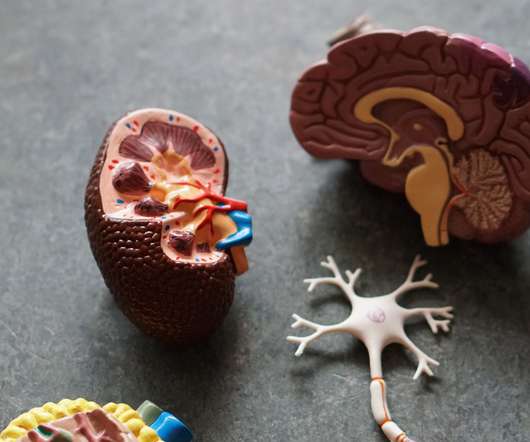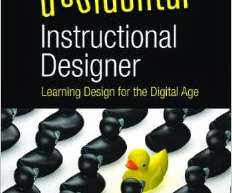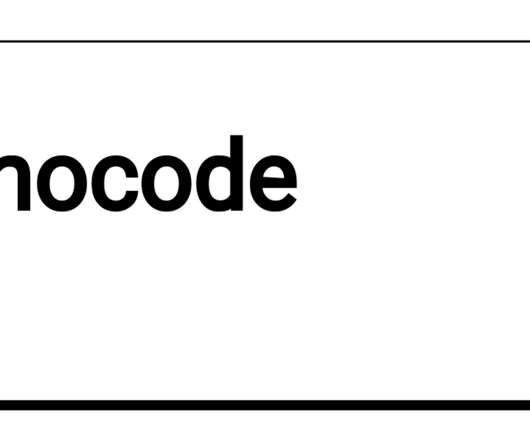4 Learning Theories Every Online Educator Should Know
LearnDash
FEBRUARY 2, 2021
Or do we just learn through raw mental power? During the twentieth century, four major learning theories emerged, and each has lessons that online educators can learn from to design better courses. Behaviorism: Learning is a product of stimulus and reinforcement. Let’s look at what they are.

















































Let's personalize your content